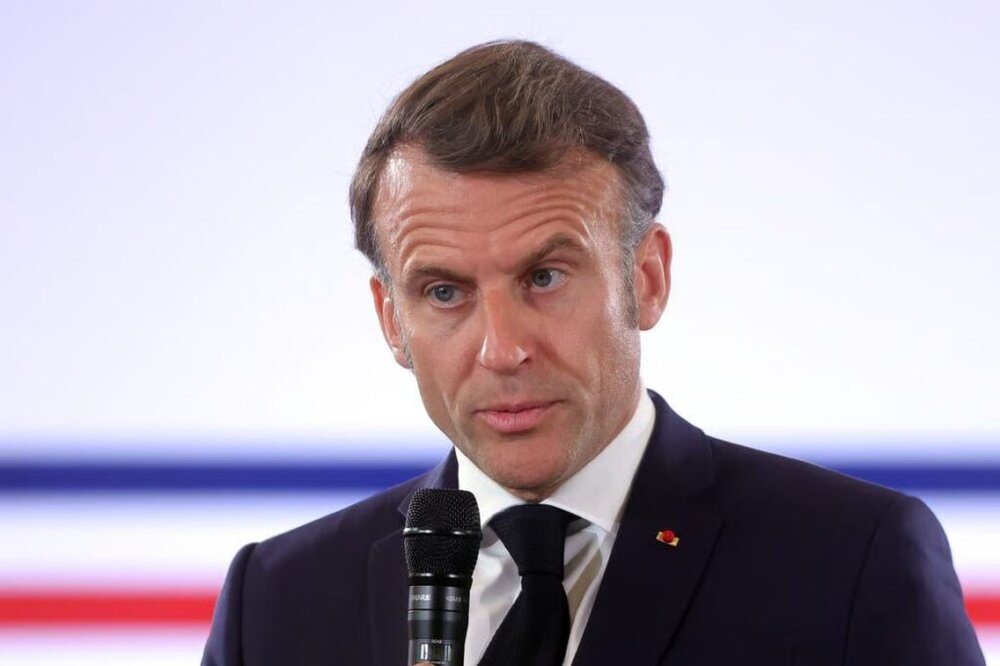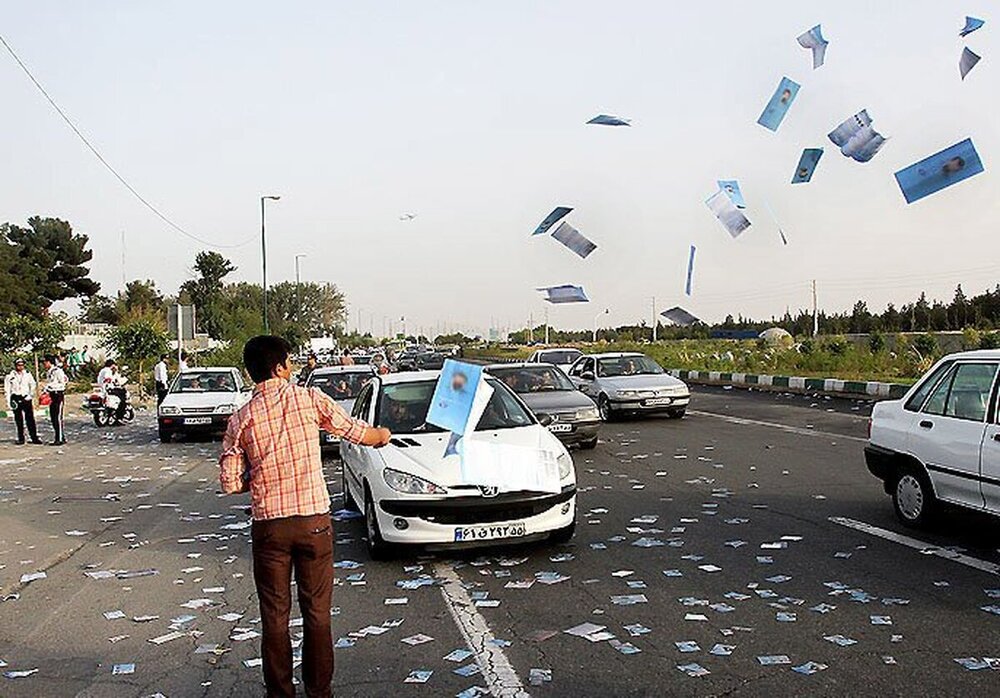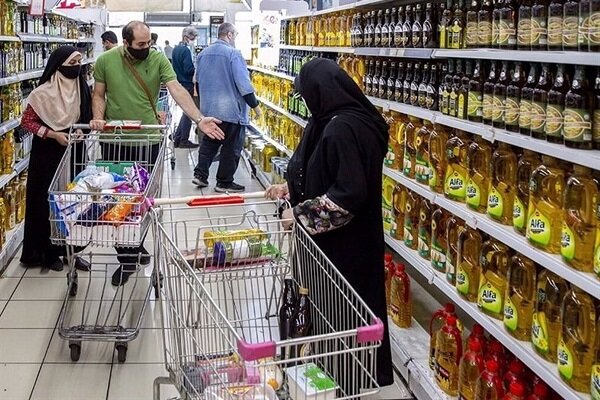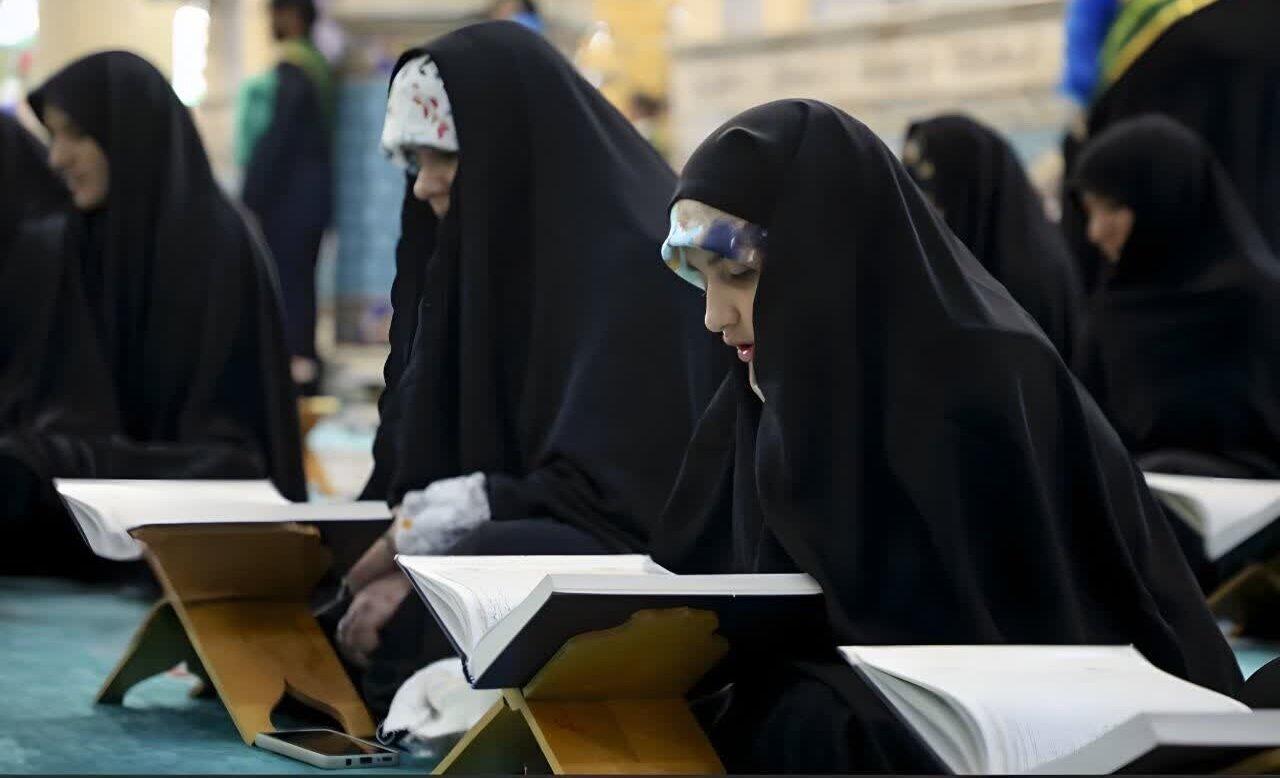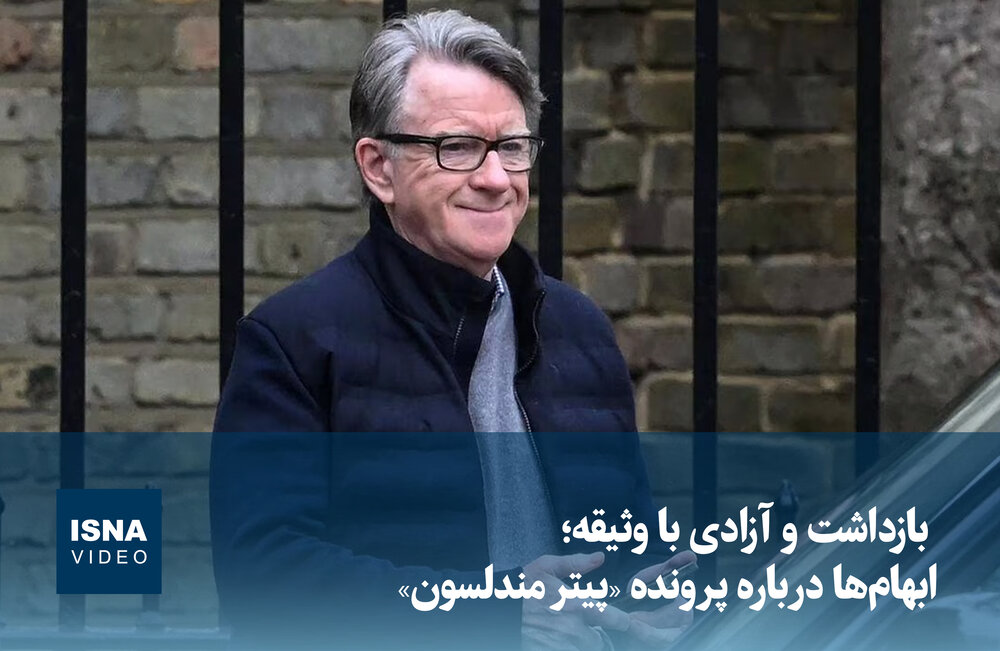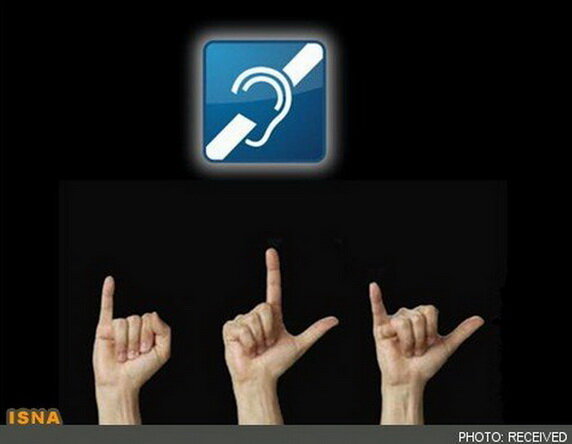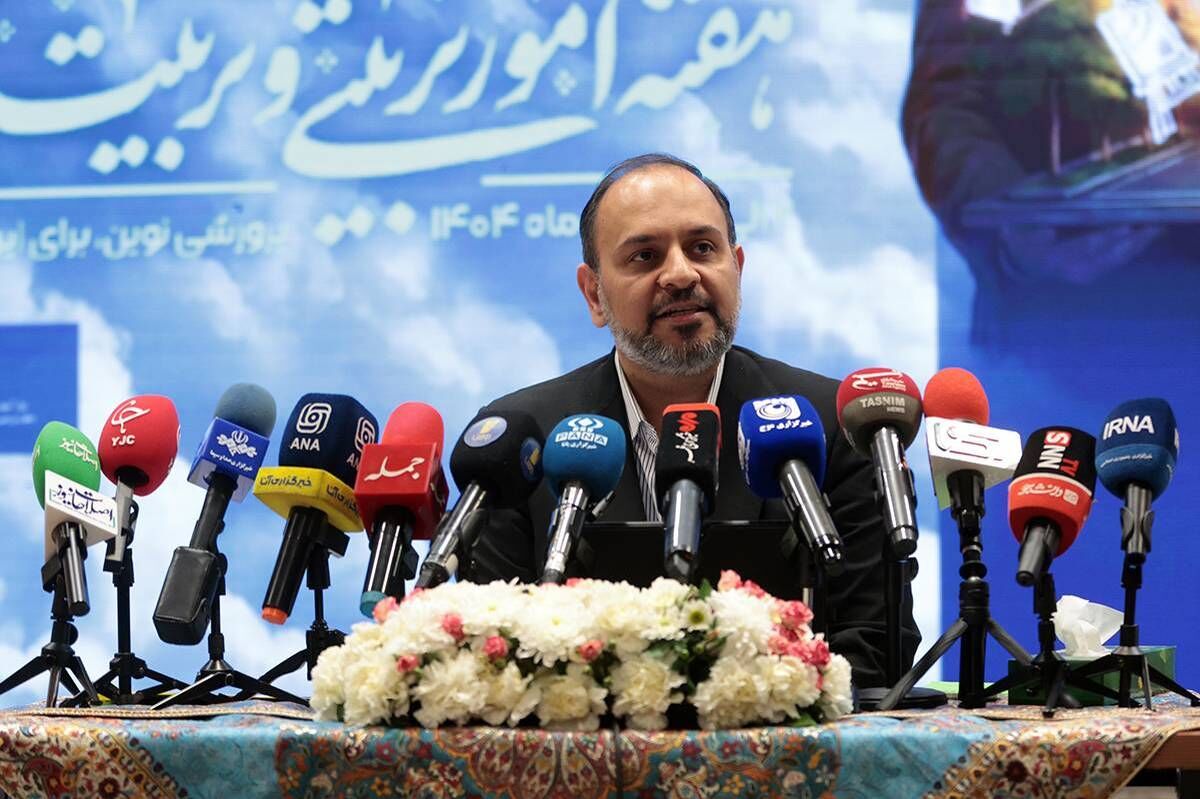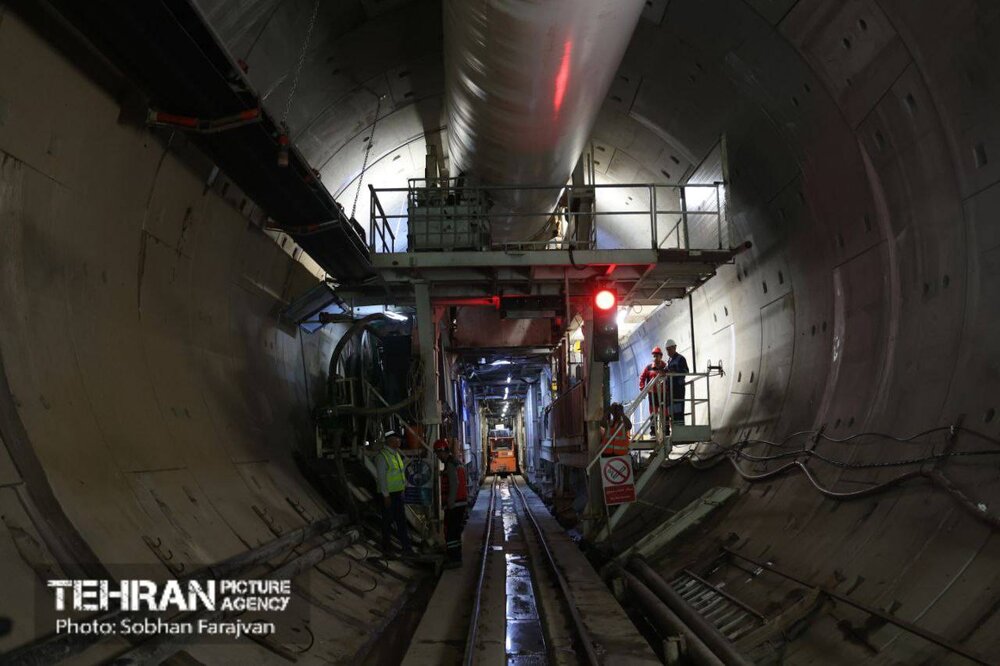From docks to cities, Italians challenge Meloni's complicity in Gaza genocide
From docks to cities, Italians challenge Meloni's complicity in Gaza genocide

Monday 22 September was a historic day in Italy.
Tens of thousands, possibly hundreds of thousands, of people of all ages took part in the first truly nationwide - and arguably the largest in decades - strike in solidarity with the people of Gaza.
The protests were organised by grassroots unions such as Unione Sindacale di Base (USB) and other smaller bodies, rather than by the main trade union, CGIL. CGIL had called its own general strike on 19 September, and whether any of its representatives joined the Gaza mobilisation remains unclear.
Independent student organisations, civil associations, the Italian NGO Emergency, which provides free medical aid in war zones, and Palestine solidarity networks also joined. Demonstrations spread to at least 75 Italian cities, accompanied by blockades at ports, train and bus stations, highways, along with school closures and disruptions to public services.
In front of Rome's Termini central station, a vast gathering quickly morphed into a procession, with 20,000 participants, according to police, and 100,000, according to organisers. In Bologna, organisers claimed 50,000 while police estimated 10,000 to 12,000.
At Turin's main train station, Porta Nuova, protesters blocked platforms. In Florence, parts of the nearby highway were shut down, while in Trieste, in the north-east, similar scenes unfolded.
The mobilisation was part of a massive, uncompromising and uncontainable civil awakening across Italy, fuelled by frustration and rage after nearly two years of genocide waged by Israel in Gaza, carried out with the explicit complicity of the Italian government.
In recent days, that pressure has translated into limited state action: Italy's navy announced it would dispatch the Alpino frigate to assist the Global Sumud Flotilla amid reports its vessels were attacked by (presumably Israeli) drones, signalling the protest movement is triggering tangible responses from authorities.
Government response
Italian Prime Minister Giorgia Meloni has largely remained silent on the spontaneous, peaceful gatherings across the country. Instead, she chose to reduce them to images of the limited rioting in Milan and denounced the protests as "worthless and shameful".
Her right-wing government quickly moved to smear demonstrators as "extremists who like to destroy while asking for peace in Gaza", a response that was hardly surprising given that protesters clearly demanded immediate government action against Israel, including sanctions, suspension of military and commercial agreements related to weapons, recognition of Palestine, an immediate ceasefire and expanded humanitarian aid through institutional channels.
Particularly through the state-controlled defence group Leonardo, Italy is Tel Aviv's third-largest arms supplier
While it is true that about 70 percent of the weapons sent to Israel come from the United States - and do not pass through Italian ports - it should still be noted that, particularly through the state-controlled defence group Leonardo, Italy is Tel Aviv's third-largest arms supplier.
Despite a declared halt on new licences, exports under previously signed contracts have continued.
Riding the wave of growing Islamophobia and Arabophobia among European right-wing parties, Meloni has sought to gain credibility with the Trump administration and Netanyahu's government, never questioning Rome's support for Israel.
Since taking office, Meloni has pushed Islamophobic measures, amplifying conspiracy theories about the "Islamisation" of Europe and securitising mosques and community organisations. She has also cracked down on pro-Palestine voices.
Rome's reaction to Israeli attacks on the Italian contingent stationed with Unifil in southern Lebanon was extremely timid, and Meloni displayed an astonishing silence and total indifference to US-Israeli threats and unprecedented sanctions against the UN special rapporteur - and Italian citizen - Francesca Albanese.
More recently, Meloni expressed opposition to Palestinian statehood recognition and aligned closely with Washington, even as she occasionally criticises Israeli strikes as disproportionate. Under growing pressure at home, she told the United Nations General Assembly on 24 September that Italy will support some EU sanctions on Israel and that the war has "crossed a line".
Historic firsts
After months of mounting frustration over the government's refusal to act on Gaza, this week's general strike saw the people take matters into their own hands and lead a mobilisation that broke new ground.
Italian journalist Paola Caridi, who has spent years working and researching in Palestine and authored a well-known book on Hamas, noted that it marked several firsts: the first general strike held without the official participation of the main trade unions; the first political - rather than contractual, related to workers' rights - strike since the Red Brigades kidnapped former Prime Minister Aldo Moro in 1978; and the first general strike focused on an international issue, with Gaza, for many Italians and Europeans, an existential ethical test.
These protests were also likely inspired by a wave of actions about 20 days earlier by dockworkers in Genoa, who joined around 5,000 people to block the port again, this time alongside dockworkers in Livorno.
In late August, after the Global Sumud Flotilla set out for Gaza, Genoa's dockworkers seized headlines in Italy.
On 31 August, Riccardo Rudino, spokesperson and member of the Autonomous Collective of Dockworkers (Calp) at the port of Genoa, issued a blunt warning to Israeli authorities during a large demonstration in support of the flotilla, part of which departed from the northern Italian coast bound for Gaza:
"I want to make it clear to everyone: around mid-September, the Global Sumud Flotilla's boats will arrive near the coast of Gaza. If we lose contact with our comrades, even for just twenty minutes, we'll block all of Europe. About 13,000 to 14,000 containers leave this region every year, bound for Israel. If something happens, not a single nail will come out of here."
His words were echoed three days later by Jose Nivoi, Rudino's colleague and a Calp union representative. In response to a question from the Italian newspaper La Repubblica about the risk of Israel preventing humanitarian aid from reaching Gaza, Nivoi said: "The Netanyahu government's threats do not frighten us. [Itamar] Ben Gvir's statements merely demonstrate the sense of total impunity that Israel has enjoyed and enjoys."
The Israeli minister of national security had said that flotilla members would be "treated like terrorists, arrested, and their boats seized".
Dockworkers' legacy
Genoa's dockworkers, historically known as "camalli" - a word derived from the Arabic "hammal", meaning porter - are not new to boycotting Israel and taking a stand against the genocide it is carrying out in Gaza.
In recent years, some of them - particularly USB union members and activists from Calp, a militant group within the federation for Genoa's dockworkers - have promoted or participated in initiatives to hinder the transit of weapons bound for Israel.
Follow Middle East Eye's live coverage of Israel's genocide in Gaza
As early as May 2021, they mobilised to block shipments of missiles and explosives headed for Tel Aviv, and a month later, in the port of Ravenna, dockworkers' unions called a general strike on the day the Asiatic Liberty ship, loaded with armaments and bound for the Israeli port of Ashdod, was scheduled to set sail. Their determination forced the shipowner to cancel the shipment.
In November 2023, a month after the start of Israel's war on Gaza, dockworkers in Genoa organised sit-ins and blockades in anticipation of the arrival of ships linked to the Israeli company ZIM, in coordination with other European ports.
More recently, in June of this year - perhaps the most striking action before August - they joined French dockworkers in blocking the Contship Era, a vessel chartered by ZIM.
In Genoa, no military cargo was loaded after three containers of weapons parts had already been stopped in the French port of Fos-sur-Mer. Finally, on 1 August, shortly before the Global Sumud Flotilla set sail, dockworkers said they succeeded in preventing the unloading and transfer of three containers of war materiel destined for Israel.
But it has never just been about Israel.
The history of Genoese dockworkers, especially those of Calp, is one of solidarity with resistance movements and opposition to wars of aggression. In September 1973, just days after the coup that overthrew the government of Salvador Allende, a demonstration in solidarity with the Chilean resistance was held in Genoa. Similar actions were organised against the Vietnam War.
This tradition continued in 2019 when Calp dockers boycotted the Saudi vessel Bahri Yanbu, suspected of carrying weapons for the war in Yemen. The workers refused to load what they called the "ships of death", demanding an inspection of the cargo manifest.
The dockers' actions are both concrete and symbolic. From a decolonial perspective, they are challenging the normality of commercial routes that enable occupation and siege, while restoring to ordinary workers and civil society a sense of agency denied by politics.
The courage and principled resistance of Italy's dockworkers is being recognised around the world. With a legacy of risking their livelihoods to oppose war, their actions have only underscored the cowardice and moral bankruptcy of Meloni's government.
The ethical inspiration of protests across Italy's major cities has further exposed the deep gulf separating popular demands for justice from those in power.
Dockworkers have unequivocally promised to "block Europe" from a logistical standpoint. Yet from a political and moral standpoint, Europe has already been frozen for far too long, paralysed by its own impotence and complicity in the face of colonial violence and genocide.
The views expressed in this article belong to the author and do not necessarily reflect the editorial policy of Middle East Eye.




